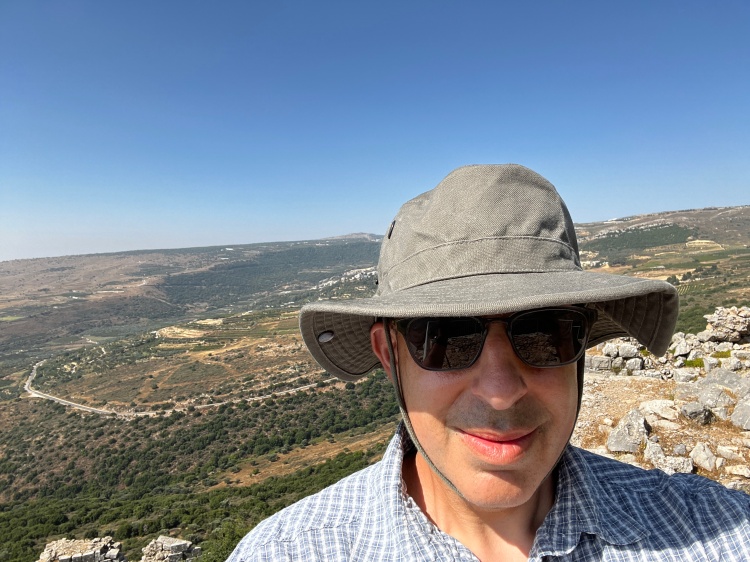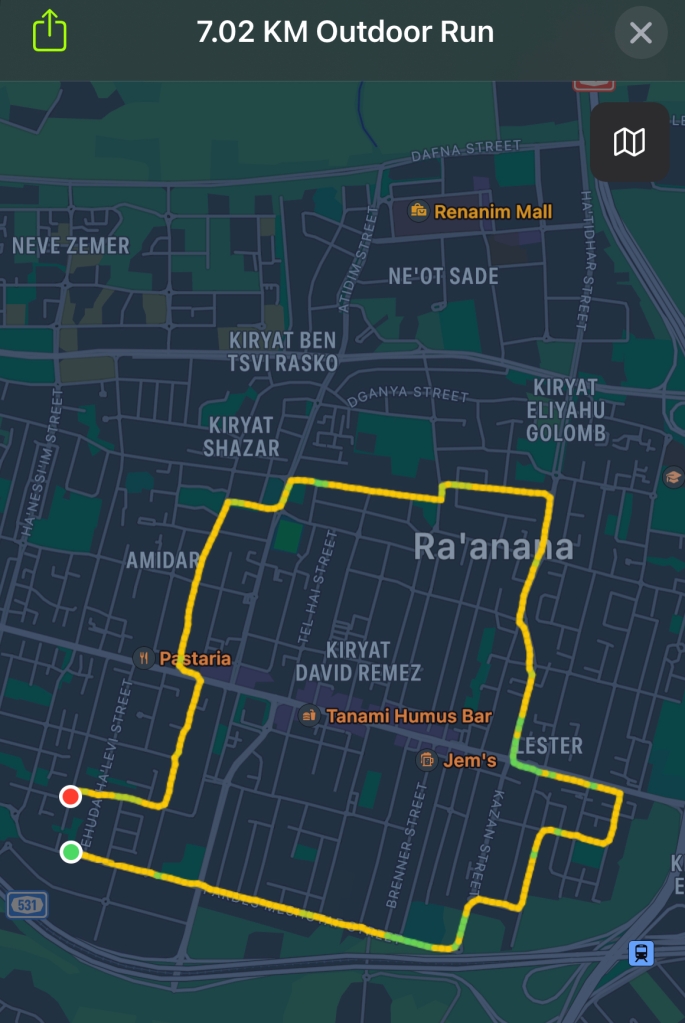It’s funny. Two days ago, I set about writing a blog about failure.
I finished the seven hundred or so words and saved. And didn’t post. It didn’t feel right.
The blog was specifically discussing the aspiration to fail three times a day.
This was taken from a podcast I heard recently. It was one of Blindboy’s in interview with the nutritional psychologist Kimberley Wilson.
I had it wrong.
The aspiration discussed in the podcast had not been to aim for three failures a day – as a means of growth or development, rather, to risk three failures a day.
I take the title of this blog from the autobiography of the Russian American writer, Barry Shteyngart.
If I remember correctly, the thesis of the book wqs the notion that Barry is such a failure that he hasn’t even succeeded at being a failure. Thus, Little Failure. ‘You couldn’t even fail at failing!’ His dad might have complained.
And so, the attempts to not fail.
We should aspire every day to undertake three new activites that could fail (ideally), although I imagine, for most of us, starting with one is a way to avoid the first rule of failure club; therefore, pick something you would like to do, for which there is a chance of failure and go for it.
The suggestion to undertake something that might result in failure is to avoid doing what you have always done.
In life, our fear of failure is a major impediment to growth.
I can’t do that because… What if I… I tried that once and I couldn’t… mindsets.
I had it wrong the first time around as there is no point in doing something that is bound to fail. I’ll drive my car into the sea, is just daft.
I arrived at this, mundane satori during this morning’s run.
I was pounding the streets of Ra’anana, the city in central Israel.
Travelling the once familiar streets, taking in the placenames, and reflecting – Brenner, Yehuda Halevi, Rambam, Maccabi, Ha Sharon, Ostrovsky, Bilu, Eliezer Yaffe, and so on, I realised the thing was to have a go.
As I ran, I reflected on language.
I am shy at times.
Recently, I have written about my early life. At age 12 I moved from Glasgow in Scotland to Ra’anana in Israel. That was January 1985. My knowledge of Hebrew was minimal. I learned fast.
For the first year I barely spoke a word (in Hebrew).
I progressively understood more and more.
One day, standing outside the pet shot on Ostrovsky Street (still in business today, 40 years later), I responded to a comment one of my friends made; in Hebrew. He was taken-aback; he had not realised I could understand what they were saying.
You see, I had been waiting for the moment, I had been practicing in my head the language and particularly the accent.
It is all in the accent.
Anyone can speak a new language, speaking idiomatically, with the appropriate inflections and nuances is different.
It has been said by the famous Jewish-American (Anti-Zionist) linguist and writer, Noam Chomsky that after the age of five, humans lose the function of their LAD – Language Acquisition Device.
Essentially this is a neurolinguistic function which allows people to spontaneously learn idiomatic language. Live in a culture, society or place up to the age of five and you will speak like a native.
I have always had a problem with accent, standing out from the crowd. I hate people seeing me as a foreigner. (This despite ‘outsider’ being central to much of my identify) and so, it took me a year, although after that time I could speak Hebrew and sounds more or less like an Israeli native or, Sabra as they say.
It’s likely my curly black hair, complexion and ear/nose/lip shape that helped – in the early days, folk would think me a Yemenite boy. (Another altogether different accent however).
Over the past 40 years I have barely spoken Hebrew.
I’ve done my best to refine by ability to express myself in English – not always succeeding but trying.
With the passage of time, my Israeli accent has waned.
(When I returned to the UK in 1989, people told me I spoke English with an odd accent!)
I now sound different again.
In Israeli society, accent is a thing. (Likely in most cultures).
You either sound like a native-born Israeli (Sabra) (named after the Pricky-Pear cactus, supposedly, jagged on the outside and soft/sweet within) (If you’ve ever met an Israeli, this trope is generalisably apposite), or, you sound like an immigrant. An American, Russian, Scotsman or whatever who is speaking Hebrew. It is usually easy to know. The biggest tell relates to the guttural ‘r’ or Reysh that Israeli’s can roll softly from the back of their throats and others cannot.
And so, since returning to Israel now, for the most I can understand what people are saying – probably 80 to 90 per cent of the language is unchanged from 1989 – there have been new words added although mostly they are within the Hebrew lexicon of ‘Loazit’ which is English words spoken in English with a Hebrew accent, such as radio, which is raadio (accent on the ‘a’) or television – televeesia or asthma – pronounced ‘asthma’ – with the silent ‘t’ expressed) (same for ballet, in Hebrew you say ‘balet’). (In case you are wondering, all these words were in existence in the 1980’s.)
Oy, I could go on.
All this reminds me of an occasion when my school friends mocked me terribly for describing the London Underground in class.
I was talking Hebrew (accented/idiomatic to the best of my ability) and I translated ‘underground’ into Hebrew; the same word just with the rolling ‘r’s’. My friends laughed. When a native English speaker says an English word when talking Hebrew, they are meant to say those words with the native (English/French/etc) accent and then swap back to Hebrew for the remainder of the sentence.
And so, in the intervening 40 years I have lost what Israeli accent I had. Sure, I still look the part (curly hair gone). And so, I am anxious, when I speak, some words will sound idiomatic, others like a greenhorn and others like there is something wrong with me.
It was this I tried to explain to my daughter when she asked why I wasn’t speaking more Hebrew – ‘I don’t want people to think there is something wrong with me.’
(Recall Professor Feynman… What do you care what other people think?)
Sure, this is my internal prejudice. At least I have an awareness.
And the plan for today!
I am going to try to pull-off full-on Hebrew. This will mean talking to Israelis in Hebrew rather than English – yes, they might think, ‘this guy sounds odd. Has he smoked too much wacky baccy?’ I don’t care.
It is something to try and, what is the worst that can happen?
This the essence of risking failure to grow.
We all need to stretch or push-back our boundaries.
What will you do today?
Please, nothing illegal or dangerous, a tiny step into the unknown, unexplored, or unfamiliar.
You might discover something new about yourself.
Go on.
I’ll report-back tomorrow on my failure or success, little or large.
Have a good day.




I loved this blog, Rod, as I can identify with many of the elements of being a stranger in a strange land. Thanks for sharing something that most of we non-native language speakers tend to sweep under the rug.
LikeLiked by 1 person